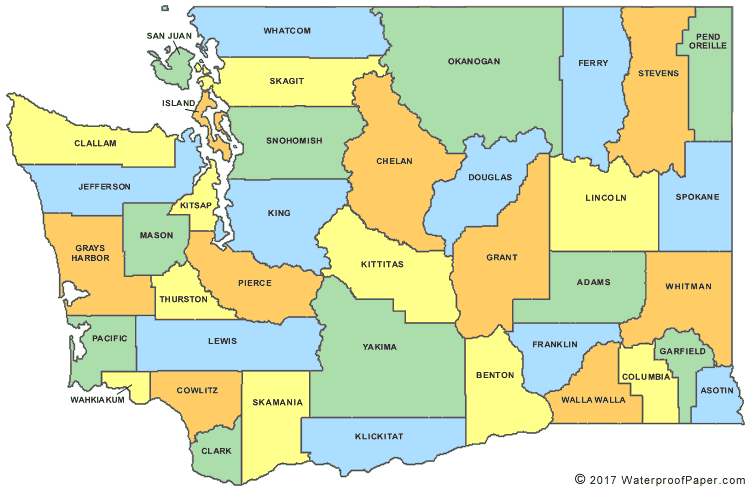Alice Sampson Presto, suffragist and clubwoman, became the first African American woman to run for public office in Washington state. Presto was born around 1879 in Cambridge, Massachusetts to Franklin and Martha A. Sampson. Few records exist of her early life except that she had three brothers and two sisters. On November 27, 1895, she married Walter Leo Presto, an Afro-Cuban immigrant, porter, and minister. The couple moved to Seattle thereafter and welcomed their first child, Gladys Presto, in 1898, followed by two more daughters, Dorothy and Martha Presto, in 1902 and 1903 respectively. Despite having some experience in nursing, Presto worked as a housewife and devoted much of her energies to social and civic activities in the city.
When the State of Washington granted women’s suffrage in 1910, a decade before the passage of the Nineteenth Amendment, Presto became a leading suffragist and political figure in Seattle’s small black community. As a founding member of the Seattle branch of the NAACP, she served as secretary for six years until she resigned her post in 1919.
In 1916, Presto founded the Woman’s Political and Civic Alliance (WPCA) and served as its first president. This organized body of black women worked to register women to vote and engage in civic affairs throughout the city. During the 1916 presidential election, the organization campaigned for and backed Republican presidential nominee Charles E. Hughes, who supported a national women’s suffrage amendment, as opposed to the incumbent, Woodrow Wilson. In 1917, Presto helped found the Washington State Federation of Colored Women’s Club and was elected its second vice-president.
In 1918, after years of campaigning and organizing, Presto ran for the state senate on the Republican ticket, becoming the first black woman to run for the position and was believed by her contemporaries to be the first to do so in the nation. As the only woman candidate representing the 37th legislative district, Presto campaigned against three white Republicans and one Democrat. Influenced by the ethos of the Progressive Era, her platform supported equal pay for women, an increase in widow’s pension, an Industrial Insurance Act for workers, reforms to child labor laws, and free tuition for children of taxpayers attending state public institutions. In addition, she vehemently condemned discrimination of all forms and promised to give a “square deal” to all the citizens of Washington. The WPCA held a meeting at First African Methodist Episcopal (AME) Church to endorse her candidacy and make the campaign their primary objective until the election.
However, in August of 1918, she received only 460 votes to the winning candidate’s 1,205 votes. The loss did not deter her from politics. She joined the King County Republican League, an interracial political group, and was elected treasurer. She also remained active in the WPCA, serving as treasurer for a number of years. In the early 1920s, she supported and joined the Seattle chapter of the Universal Negro Improvement Association.
After 1936, Presto and her family disappeared from the public record.

